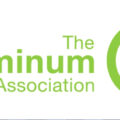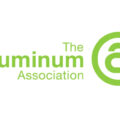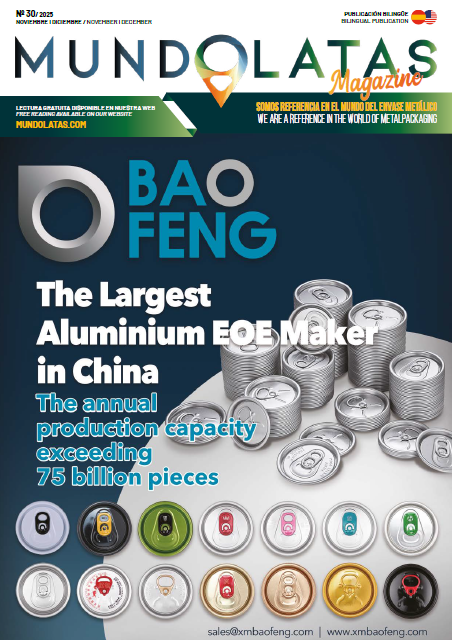The University of Exeter (UK) is proposing action lines for decarbonization at the NY climate summit, according to a report that points to governments who “can initiate a global cascade of “positive tipping points” to reduce carbon prices and emissions through mandates to reduce carbon prices and emissions through mandates to redirect investment from polluting fossil fuels to clean technologies.
The researchers found that time-bound regulatory mandates will ensure that clean technologies are cheaper than fossil fuel alternatives up to three years earlier globally, reducing carbon emissions in the power, transportation and heating sectors by at least 75% by 2050.
The report compares the effectiveness of regulatory mandates, subsidies and carbon taxes in more than 70 countries to determine which would most quickly lead to positive tipping points in terms of lower prices for consumers, enabling clean technologies to outperform fossil fuels in major emitting sectors.
The researchers examined four sectors: power, heating, light road transport and heavy road transport. Their recommendations are:
⦁ Elimination of coal in power generation by 2035 in developed countries and by 2045 in developing countries.
⦁ Requiring an increasing percentage of automobile sales with zero-emission vehicles, reaching 100% by 2035.
⦁ Require an increasing percentage of truck sales with zero-emission vehicles, reaching 100% by 2040.
⦁ Require an increasing percentage of sales of heat pump heating appliances from 2025, reaching 100% by 2035.
“With the world off course to meet the climate targets of the Paris Agreement, triggering positive tipping points is now the only credible way to limit global warming to well below 2°C above pre-industrial levels”said co-author Professor Tim Lenton of the University of Exeter’s Global Systems Institute.
The report is published in the same week that the UK will close its last coal-fired power plant, making it the first G7 country to phase out coal in power generation, fulfilling its commitment to do so a year earlier.













